South Africa
The 2,000 white rhinos living in South Africa's 7,800-hectare Platinum Rhino farm, will progressively be released into protected areas across the continent.
NGO African Parks says it’s secured emergency funding to buy the farm which was auctioned last April.
Businessman John Hume who wished to save the species from poaching opened the farm over a decade ago.
It was opened over a decade ago by Businessman John Hume who wished to save the species from poaching
“There's a conservation imperative here where because of the importance of these rhinos, which is probably about 15% of all white rhino in the continent of Africa, there's an imperative that we make sure that these animals stay safe, stay secure, because with the financial collapse of that business, without being able to monetize the rhinos in any way, that operation is facing financial ruin. And as a result of that, those 2000 rhino are at risk,” says Peter Fearnhead, CEO of African Parks.
When Hume went out of business, a question mark hung over the future security of the animals.
The rewilding project that African Parks will undertake will give the mammals a new future, with its challenges, though.
"So the idea is then wherever they're going to be released, that they will then be able to become completely wild and possibly or hopefully most of them would be in areas where they can actually survive without any supplementary feeding, although initial stages that might need that just to adapt," Leith Meyer, Professor at the University of Pretoria’s Centre of Veterinary Wildlife Studies detailed.
"But eventually they will become wild rhinos and perform and survive as wild animals with normal natural behaviours, etcetera, etcetera."
African Parks among other NGOs have been involved in the translocation of rhinos in countries including Rwanda and Malawi.
Professor Meyer believes this new rewilding process will benefit many.
“Potentially this translocation or re-wilding of these rhinos can have a really good benefit to conservation across the continent, not only from the point of view of conserving rhino, but also conserving other natural spaces, other species, and helping communities and growing communities and helping with investment. So I really I'm a very big supporter, and I really think this is a wonderful outcome for those going from farm bred rhino where they can make a big impact in conservation in the continent.”
The rhino has and continues to be under threat, especially in South Africa, where poachers hunt them for their horns which are then sold on the international market.
The country is home to Africa’s largest rhino population.




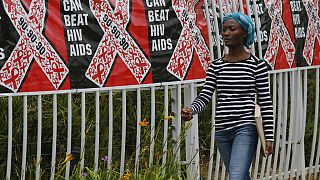
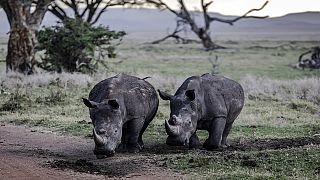
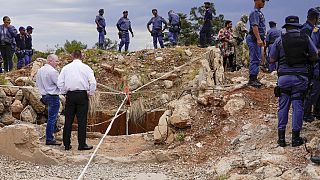
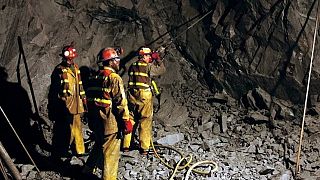
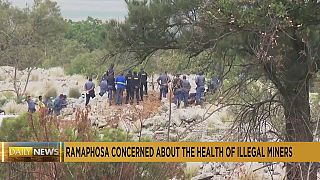



02:18
Highly-anticipated Wicked makes its cinema debut in South Africa
01:00
Chidimma Adetshina crowned Miss Universe Africa and Oceania
01:10
South African beauty queen withdraws from Miss Universe pageant
01:38
Police spokesperson calls rescue attempt of trapped miners ‘unsafe’
00:45
What next for Safa president Danny Jordaan?
01:37
South Africa's refurbished Digital Dome set to open in February 2025